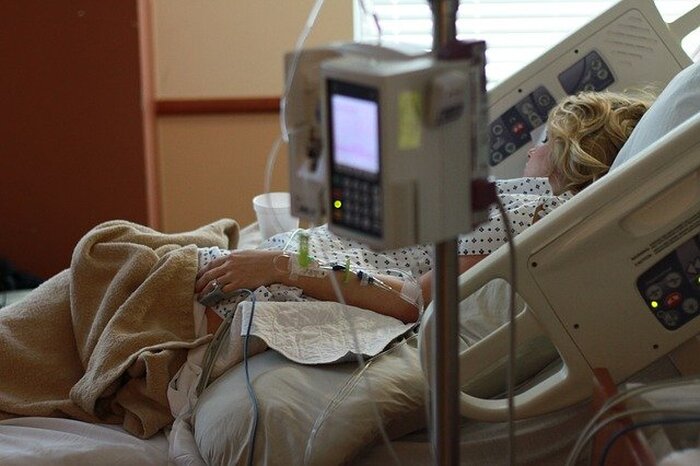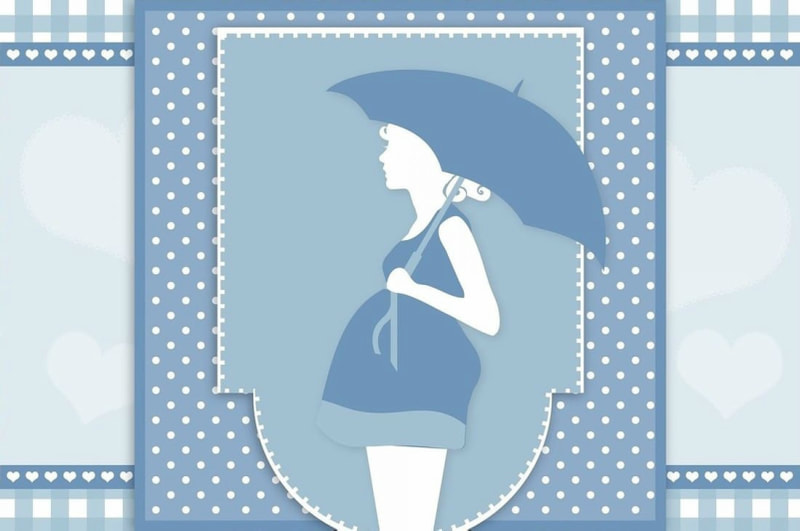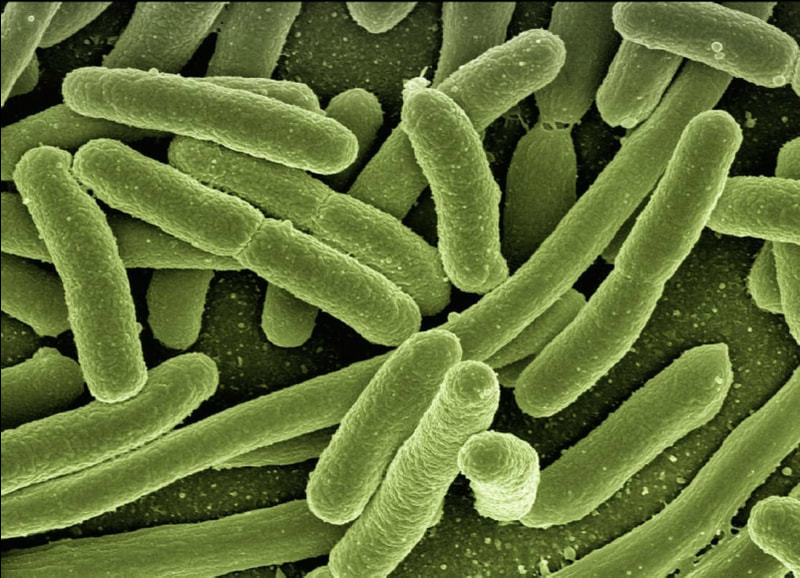Racial Privilege Behind Voluntary Active Euthanasia and Physician-Assisted Suicide
The debate around legalizing euthanasia and physician-assisted suicide has been ongoing for quite some time. Controversy continues to surround this topic, partly due to the nuances between the two practices. In physician-assisted suicide, the patient commits the life-ending act, whereas in euthanasia the physician acts last. In both cases, the decision lies fully with the patient, who retains the right to change their mind until the point at which the lethal process becomes irreversible.
Those in favor of legalizing voluntary active euthanasia (VAE) and physician-assisted suicide (PAS) argue that this is the best way to preserve patient autonomy. They believe that each person has a right to control in what way and when they will die. Supporters of VAE and PAS see humans as independent biological entities with the right to carry out decisions about themselves, especially when it comes to how and when they ought to die.
On the other hand, many people do not see the validity behind legalizing such acts. To them, legalizing VAE and PAS could lead the United States (US) down a slippery slope of bioethical issues. Legalizing these “dignity killings” could lead to a substantial decrease in the availability and quality of proper palliative care. Palliative care reduces symptoms of chronic illnesses that include pain, nausea, and anxiety, and can serve as a substitute for life-ending acts.
While there are advocates for and against legalization of PAS and VAE, a major consequence of legalizing these practices becomes clear when examining the effects this legalization could have on minorities and people of color.
Those in favor of legalizing voluntary active euthanasia (VAE) and physician-assisted suicide (PAS) argue that this is the best way to preserve patient autonomy. They believe that each person has a right to control in what way and when they will die. Supporters of VAE and PAS see humans as independent biological entities with the right to carry out decisions about themselves, especially when it comes to how and when they ought to die.
On the other hand, many people do not see the validity behind legalizing such acts. To them, legalizing VAE and PAS could lead the United States (US) down a slippery slope of bioethical issues. Legalizing these “dignity killings” could lead to a substantial decrease in the availability and quality of proper palliative care. Palliative care reduces symptoms of chronic illnesses that include pain, nausea, and anxiety, and can serve as a substitute for life-ending acts.
While there are advocates for and against legalization of PAS and VAE, a major consequence of legalizing these practices becomes clear when examining the effects this legalization could have on minorities and people of color.
Image Source: Parentingupstream
VAE and PAS are ultimately cheaper than current palliative care options. The expensive nature of the US healthcare system often causes those with terminal diseases to sink into debt, especially people of color. This demographic is already more likely to not only be diagnosed with these diseases, but also to ultimately face massive debt and hardship due to the broken American healthcare system. Thus, having VAE and PAS be readily available options may cause people of color to feel pressured to request these options to forgo putting their family and friends through debt, even if it isn’t the path they truly want. The basis of legalizing voluntary suicide (for both VAE and PAS) is that the patient is actively choosing this route to preserve their quality of life for as long as possible. The pressure that may come with having VAE or PAS as an option would take away from the voluntary basis of their legalization.
Legalization of VAE may also further the divide between people of color and their doctors. Black Americans already have low levels of trust in the healthcare system. The stains of the Tuskegee Study and the Henrietta Lacks case show how Black people have been mistreated by the medical community in the past. Legalizing VAE could worsen this distrust and lead to situations in which physicians misuse their power and rob individuals of lower socioeconomic status of optimal autonomy. Unfortunately, legalizing assisted suicide may only benefit the “top 0.2%”, well-off and well-educated people.
These factors could potentially be overcome by making extensive changes to the healthcare system: decreasing the cost of treatment, funding research for cures and new treatments for terminal diseases, and making palliative care more affordable Then, VAE or PAS wouldn’t just be the cheaper option. Most Americans who currently request PAS are well-educated, white seniors who have the privilege of choosing to die with dignity. However, until this privilege can come without fears of becoming a financial burden to loved ones, should this be something that gets legalized throughout the country?
Legalization of VAE may also further the divide between people of color and their doctors. Black Americans already have low levels of trust in the healthcare system. The stains of the Tuskegee Study and the Henrietta Lacks case show how Black people have been mistreated by the medical community in the past. Legalizing VAE could worsen this distrust and lead to situations in which physicians misuse their power and rob individuals of lower socioeconomic status of optimal autonomy. Unfortunately, legalizing assisted suicide may only benefit the “top 0.2%”, well-off and well-educated people.
These factors could potentially be overcome by making extensive changes to the healthcare system: decreasing the cost of treatment, funding research for cures and new treatments for terminal diseases, and making palliative care more affordable Then, VAE or PAS wouldn’t just be the cheaper option. Most Americans who currently request PAS are well-educated, white seniors who have the privilege of choosing to die with dignity. However, until this privilege can come without fears of becoming a financial burden to loved ones, should this be something that gets legalized throughout the country?
Featured Image Source: FreeImages.com/Brian Hoskins
RELATED ARTICLES
|
Vertical Divider
|
Vertical Divider
|
Vertical Divider
|






